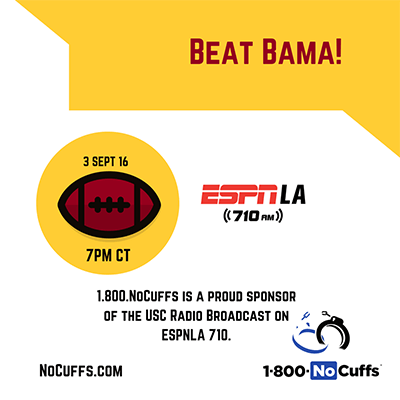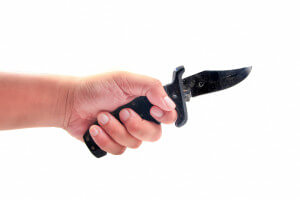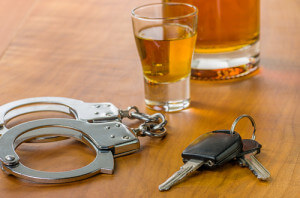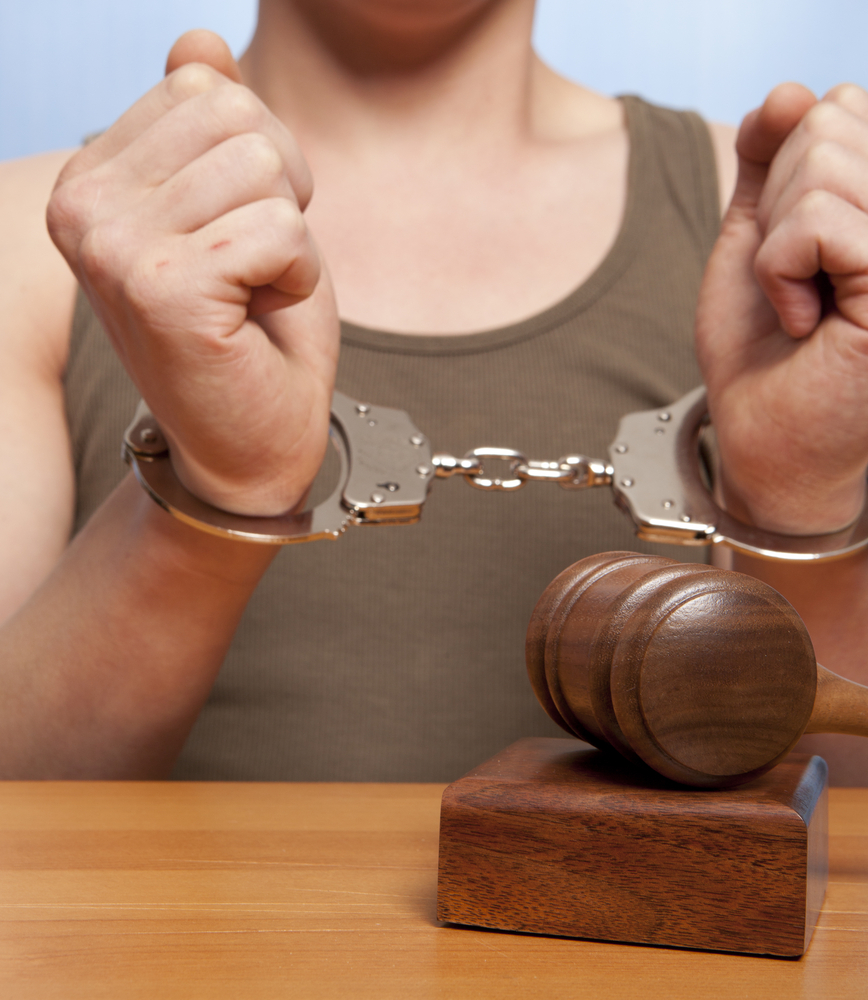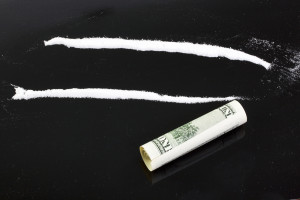USC Radio Broadcast on ESPN LA 710
September 2, 2016–Los Angeles, California–It’s almost kickoff time! Who will you be rooting for when the whistle blows and the game begins?
1.800.NoCuffs is a proud sponsor of the USC Radio Broadcast on ESPN LA 710, ready to kickoff this weekend. USC goes up against the Crimson Tide on Saturday, September 3rd, 2016. Listen to the USC vs. Alabama game preview via ESPN.com here.
Tune in to ESPN LA 710 to hear the live broadcast as the So Cal team goes up against tough rivals week after week! Click here or visit espnla.com. ESPN Los Angeles carries the So Cal sporting events you want to hear including broadcasts about Rams, Lakers, Clippers, Dodgers, Angels, USC (FB), UCLA (FB), Kings, Ducks, and more!
via USCtrojans.com For changes, updates, and cancellations, please check with the official team website.
- Week One
09/03/16 vs. Alabama Arlington, Tex. 7:00 p.m. CT
TV: ABC
USC FIRST HOME GAME
Tickets are still available for the first home game. USC plays Utah State at the L.A. Coliseum at 11:00AM PT. You can purchase game tickets here.
WEEK BY WEEK SCHEDULE
- Week Two
September 10th
09/10/16 vs. Utah State L.A. Coliseum 11:00 a.m. PT
TV: PAC-12 NETWORK
- Week Three
September 17th
09/17/16 at Stanford Palo Alto, Calif. 5:00 p.m. PT
TV: ABC
- Week Four
September 23rd
09/23/16 at Utah Salt Lake City, Utah 7:00 p.m. MT
TV: FS1, FOX DEPORTES
- Week Five
October 1st
10/01/16 vs. State Arizona State L.A. Coliseum TBA
- Week Six
October 8th
10/08/16 vs. Colorado L.A. Coliseum TBA
- Week Seven
October 15th
10/15/16 at Arizona Tucson, Ariz. TBA
- Week Eight
October 27th
10/27/16 vs. California L.A. Coliseum 7:30 p.m. PT
TV: ESPN
- Week Nine
November 5th
11/05/16 vs. Oregon L.A. Coliseum TBA
- Week Ten
November 12th
11/12/16 at Washington Seattle, Wash. TBA
- Week Eleven
November 19th
11/19/16 at UCLA Pasadena, Calif. TBA
- Week Twelve
November 26th
11/26/16 vs. Notre Dame L.A. Coliseum TBA
GAME TATTOOS
If you want a 1.800.NoCuffs tattoo to rock at a game, email your first and last name, and U.S. mailing address to info[@] nocuffs[dot]com.
1.800.NoCuffs is the number you hope you never need but should always keep on hand. From DUI arrests to federal criminal charges, 1.800.NoCuffs has attorneys on call every single day of the week and weekend 24/7 available to assist you with your legal issues, questions and concerns.
#1800NoCuffs
Because no one looks good in handcuffs #UnlessYoureIntoThatSortOfThing
http://www.instagram.com/1800nocuffs
For more information about attorney Darren Kavinoky, please visit:
Connect with Attorney Darren Kavinoky on Social Media
http://www.twitter.com/darrenkavinoky
http://www.facebook.com/darrenkavinokyfanpage



